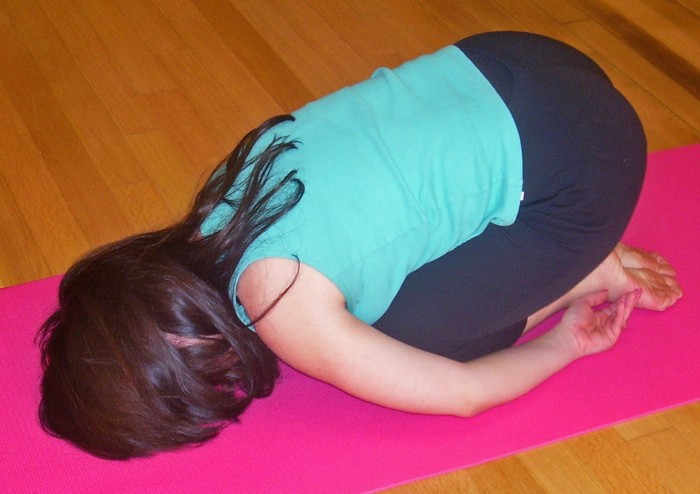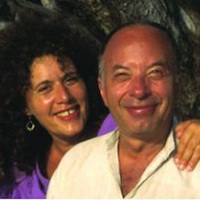What’s the big buzz about yoga? Does it really help us?
In it’s truest form, yoga is a uniting of body, mind and spirit. Its purpose is not just to become physically fit and mentally relaxed, but also to deepen our spirituality, inspiring us to become more aware, wise and loving, culminating in self-realization.
Yoga means waking up to the beauty both within ourselves and to the sacredness of all life. And it’s the expression of love, firstly for ourselves, which frees us from habitual mind, negativity and neurosis.
But that pure love is often stymied by clouds of doubt, confusion and hesitation.
We spend our whole lives living with ourselves, it is the longest and most intimate of any relationship we will ever have. And yet it’s extraordinary how often we feel as if we’re living inside a stranger, such as when we get ill or fall in love with the least likely person. Realistically, we should know ourselves better than we know anyone else, but more often we dislike ourselves, are constantly finding fault and reject what we find.
We have the opportunity for the deepest and most sustaining love affair of all, and instead we criticize and invalidate, dismissing our own thoughts and needs as unimportant.
Self-doubt attracts fear and uncertainty, such as the fear of failure, of the dark, of being out of control, of not being good enough.
We fear loving because we doubt our ability to love and so we fear rejection; we fear being generous because we doubt our capacity to generate more and fear we won’t have enough; we fear sharing our thoughts or feelings for doubt that we will appear wrong or stupid.
Doubt is the weapon of the ego, as it’s the egos’ way of gaining control. It arises when the ego is threatened or undermined. Such doubt creates worry, nervous disorders and even paranoia. It is the enemy of real happiness, and, therefore, the enemy of the joy of awakening through yoga.
But all is not lost!
In every moment we have the opportunity to believe in ourselves by growing in awareness and self-compassion. In Tibet there is a wonderful word, ding, that means knowing and feeling at home within oneself, comfortable in one’s own skin, and this “at-homeness” is the antidote to self-doubt.
In our book, Be The Change, Michael Bernard Beckwith says,
“As we increasingly wake up, we become skillful in navigating the emotional terrain of anger, fear, worry, doubt—all the ego-dominated perceptions that cause us to think such feelings are real and justified. We become aware that we are aware. We realize that we have a body but we are not our body. We witness the thinking mind, but we are not the thoughts that are passing through. Our essence remains the changeless witness to that panorama.”
In yoga and meditation we discover the witness. We see how the mind is like a mischievous child, always ready to pull a stunt. We create a space where self-doubt, fear, mistrust, sadness, anger, confusion or any other emotion can come and be seen and pass through.
If we deny any of these then they can stick like glue and will follow us wherever we go; by witnessing them then doubt and fear are acknowledged, and once acknowledged they no longer require our attention. Making friends with the content of our own minds—the good and the not-so-good—shows us that behind even the darkest difficulties lies the happiness that is our true nature.
~
Relephant Reads:
Put down the Phone & try this Morning Meditation Instead.
~
Authors: Ed & Deb Shapiro
Editor: Rachel Nussbaum
Photo: Wikimedia Commons












Read 0 comments and reply